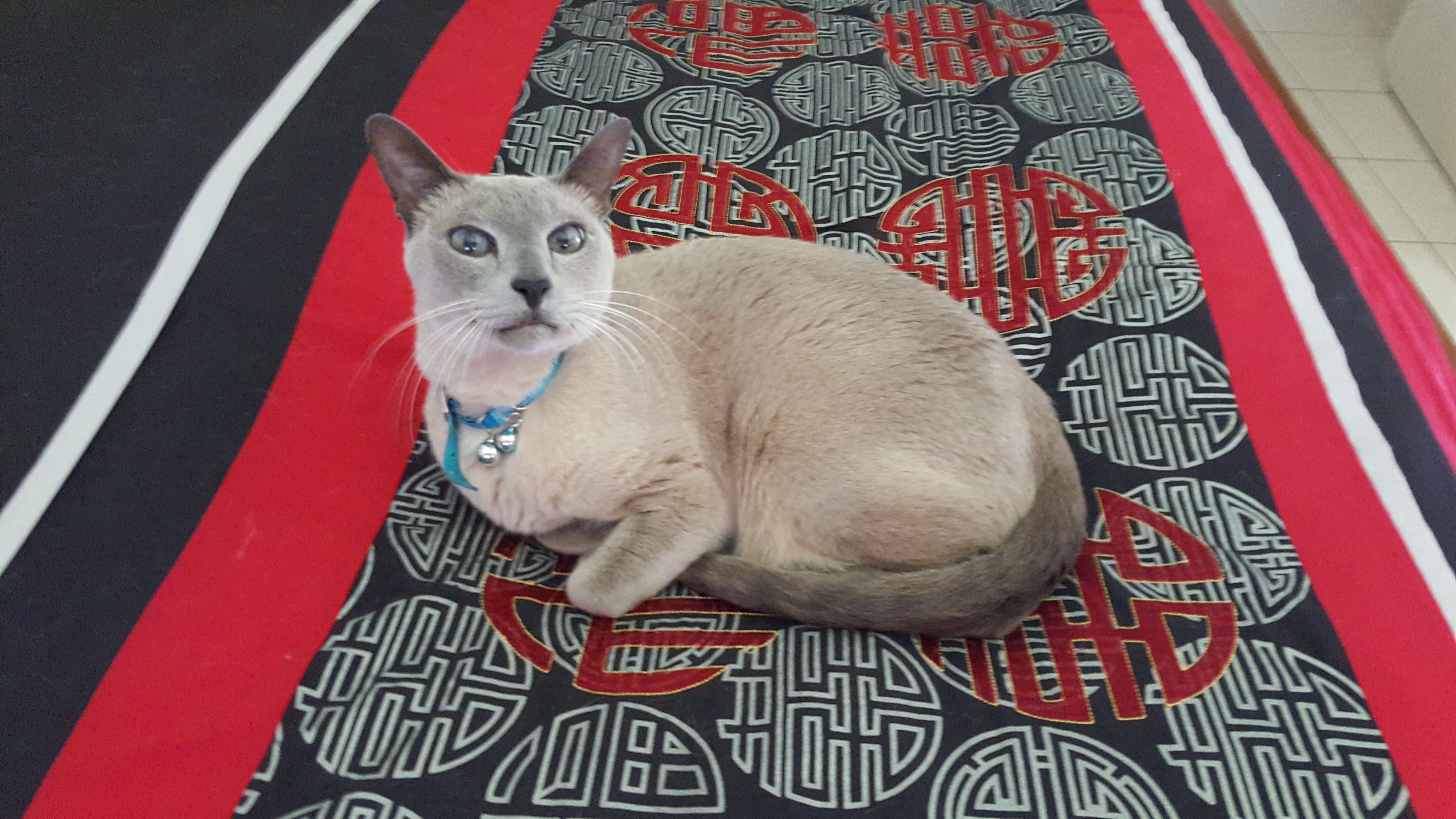For a story that was conceived during those long boring hours flying in a steel cocoon, striving to keep away the thoughts that the plane and everyone in it could just simply disappear as planes have in the past, it has come a long way.
Whilst I have always had a fascination with what happened during the second world war, not the battles or fighting, but in the more obscure events that took place, I decided to pen my own little sidebar to what was a long and bitter war.
And, so, it continues…
Mayer realized something was terribly wrong when they reached the outskirts of Weimar and passed through the checkpoint on the outskirts of the city.
It was the sixth such checkpoint and each time the Standartenfuhrer told the sentries that they were escorting a valuable prisoner, and being mere German Army soldiers, most of the Obergefreiter rank, and not willing to argue with an SS Colonel.
Then he remembered there was a large Government building in the city and assumed that was where they were talking to him.
Except they were either lost or taking the long way to get there because they were taking back streets. When he asked why, he was told to be quiet, or they would silence him.
When they reached the outskirts of the city on the other side, still heading south, he knew something else was going on. It was then he started to think that these men might not necessarily be Nazi’s. After all, there had to be other people who were sickened by the atrocities that were going on, particularly to the labor from the camps.
He understood the need for labor, just not the way his superiors went about getting it.
They passed through the next checkpoint without any questions and soon caught up to a convoy of trucks with what looked like prisoners in the back.
It was the first time he had seen either of the two officers look worried.
Then a soldier on a motorcycle turned around and came back to check on the vehicle and its occupants. He flagged them to the side of the road, got off his bike and there was no mistaking the itchy trigger finger on the gun he was loosely holding.
In front of their car, the last truck in the convoy turned a corner and disappeared.
“Where are you going?” the motorcyclist asked.
Mayer noticed he was not army but SS of a lower rank Scharfuhrer, and though of a lower rank, there was still the superiority of just being SS.
The Standartenfuhrer looked the soldier up and down and then opened the door to the car and got out. He took two steps towards the cyclist.
“Do you know who you are addressing Scharfuhrer, what is your name? I will take this insubordination to your superior officer.”
Mayer had seen similar men in his unit back at Nordhausen, including one, when in a hotel having lunch heard one of a group of army soldiers being rowdy. He singled the loudest of them, told him to be less noisy and the soldier laughed at him.
The next thing he remembered was the other solders carrying their dead leader out of the hotel. The Standartenfuhrer had shot him, on the same charge, insubordination. Would this Standartenfuhrer do the same?
He had learned that day the SS, especially the higher-ranked officers, didn’t tolerate anything, and as one, he was expected to do the same.
“Sir. It is my job to ask questions, as you are fully aware. I was given orders, and I obey those orders.” Suddenly the man was less confident.
“I understand that. It is of no concern to you where we are going, only that it is on urgent and classified Reich business. It is of no concern to anyone but the Oberfuhrer I report to, and I will have to report to him on why I was delayed. You name Scharfuhrer?”
“I have no wish to delay you, sir.” He saluted, got back on his motorcycle and left, speeding up to catch up to the rest of the convoy.
The Standartenfuhrer got back in the car.
“That was close,” the driver said. In English.
Mayer was proficient in English as his father had told him that it would stand him in good stead one day. He just omitted to tell anyone he worked with, or when he was recruited. They had asked, and he thought it wisest to say no.
Now, these two men were speaking English. It was not unknown for SS officers to speak English, as well as several other languages like Dutch, French and Italian. He had a little French, and less Italian.
“Who are you?” Mayer asked again but sticking to German.
The Standartenfuhrer glared at his driver.
“This is the point where it depends on how you answer the next question whether we execute you here, or we continue. Bear in mind that if you tell us a lie, you will be shot.” The Standartenfuhrer also spoke in German.
The English Mayer decided was to correct to be from an Englishman, only a German who had learned it as a second language, and definitely as an SS officer. Perhaps these two were charged with interrogating English prisoners, though that didn’t explain why they had taken him.
All of a sudden, he had a very bad feeling about this kidnapping. It was a kidnapping, and these men were taking him to a different location, perhaps to torture him. He had heard rumors, but since it came from a fellow SS officer, he considered it to be true.
“The question?” he stammered, nerves getting the better of him.
“Do you want to get out of Germany?”
What? IT wasn’t [possible that anyone could know that. He’d only admitted that sentiment to one person, and he knew he could trust them not to tell anyone. OR could he?
And, was this a trick question. If he answered no, it meant they could charge him with crimes against the Reich for having the blueprints of the V2 rocket? And if he said yes, would they execute him here on the side of the road?
There was no answer that wouldn’t see him shot.
So better to say he was fed up with the conditions he’d been working under, get shot, and never return.
“Yes.” Of course, there was a pertinent question to add to that reply, “How did you know?”
“You had the plans and specifications outside the bunker. An executable offense. I believe you do not like the idea of the German High Command using these rockets as weapons.”
“Most of us on the project do not, but we have to do as we are told. For obvious reasons.”
“So far so good,” the Standartenfuhrer switched back to English. “We know you speak English, in fact we know quite a lot about you. As you’ve obviously guessed, we are not going to and interrogation site, but further south to Italy where there is an escape route set up by the resistance.”
“Who do you work for?”
“OSS. We are probably worse off than you in that if we get caught, we will be shot as spies. But, so far we’ve had good luck, except for that nosy motorcyclist. I expect he will not keep his mouth shut and report us.”
“You won’t get that far. With petrol rationing, this car is going to run out long before we get to the border.”
“Don’t you worry about the details. That’s our job. You just sit back, do as we ask, and everything should be alright. Very few people question an SS officer of my rank.”
He looked at his driver.
“Now, let’s get the hell out of here before that nosy fool comes back with reinforcements.”
© Charles Heath 2020




